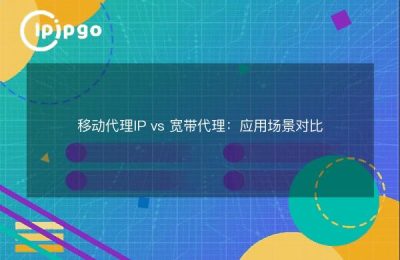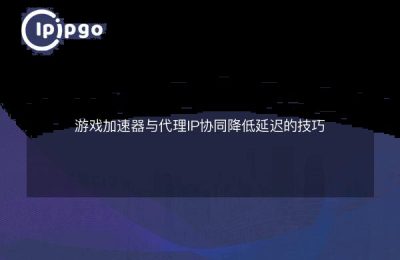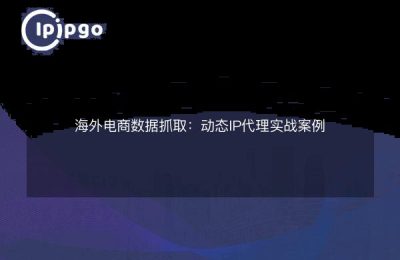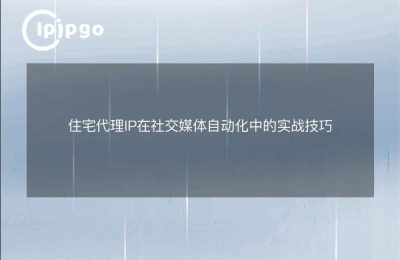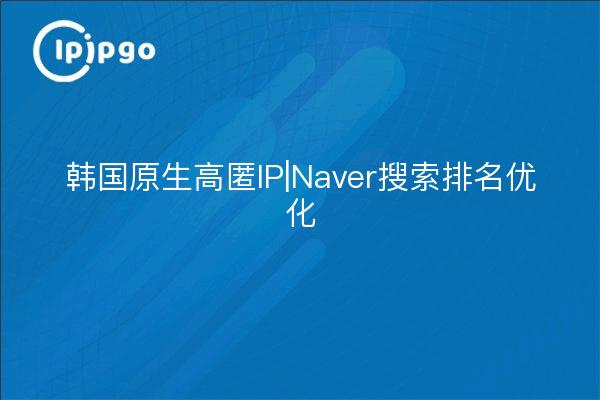
Core value of native Korean IP for Naver optimization
In the Korean local network environment, the use ofNative Residential IPIt is the underlying logic that boosts Naver's search rankings. These IPs are directly associated with local home broadband networks and can perfectly simulate the access behavior of real users. Unlike data center IPs that can be easily identified as machine traffic, native IPs are more stealthy in terms of access frequency, geographic location, network protocols and other dimensions.
Practical: how the three elements of IP selection affect rankings
To achieve effective optimization, it is important to focus on three core metrics:
| norm | specification | ipipgo solutions |
|---|---|---|
| IP purity | Residential IP segments not tagged by Naver | 90 million+ real home IP repositories |
| network latency | Less than 50ms local response time | Seoul server room directly connected to the backbone network |
| Protocol Support | Simultaneously compatible with HTTP/HTTPS/SOCKS5 | All-Protocol Intelligent Adaptation System |
Dynamic/static IP trade-off strategy
For keyword ranking maintenance, it is recommended thatDynamic IP + static IP combination::
- Dynamic IP for keyword search, click rate increase and other high-frequency operations, each request to replace the new IP to avoid correlations
- Static IP is used for website management backend login, data monitoring and other scenarios that require a fixed identity
ipipgo's dual-mode service enablesAutomatic Dynamic IP Rotationtogether withStatic IP hold time customizationThe system is designed to effectively balance operational security with account stability.
Operation Guide: Four Steps to Build an Optimized System
1. Filter the Korean residential IP pool in the ipipgo console, it is recommended to check the box"ISP White List"Filtering corporate IPs
2. Setting IP survival period: dynamic IP recommended 30-120 minutes, static IP recommended 7 days replacement
3. Configure the browser fingerprinting protection, it is recommended to run in an isolated environment
4. AdoptionIP Quality Inspection APIVerify the authenticity of IP attribution
Frequently Asked Questions QA
Q: Do I have to use a Korean IP to optimize Naver?
A: Yes, Naver has a significant suppression of search weighting for non-native IPs. Measurements show rankings fluctuating up to 47% for Japanese IP visits, while Korean native IPs are 3 times more stable.
Q: How to detect whether an IP is recognized as a proxy?
A: Recommended by ipipgoIP stealth detection toolIt can test for WebRTC leakage, DNS contamination and 18 other identifying indicators to ensure that the IP is at a high stash level.
Q: What should be the ratio between dynamic and static IPs?
A:According to the statistics of our service customers, keyword optimization suggests dynamic:static=7:3, and brand maintenance suggests 4:6. Specifically, you can refer to ipipgo's intelligent scheduling program.
Key Risk Avoidance Guidelines
The following two operations must be avoided:
- Single-IP high-frequency operation (recommended ≤ 15 searches per hour)
- Cross-region IP mixing (e.g., simultaneous use of Seoul and Busan IPs)
ipipgo's.Area lock functionIt can ensure access to residential IPs in designated cities, and its traffic scheduling system can automatically match the operating frequency threshold to avoid the risk of blocking from the source.


